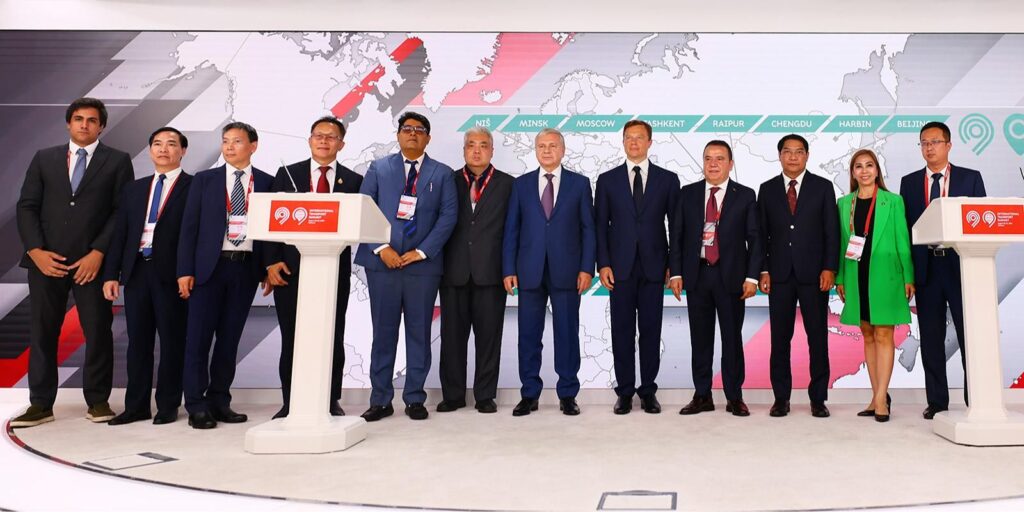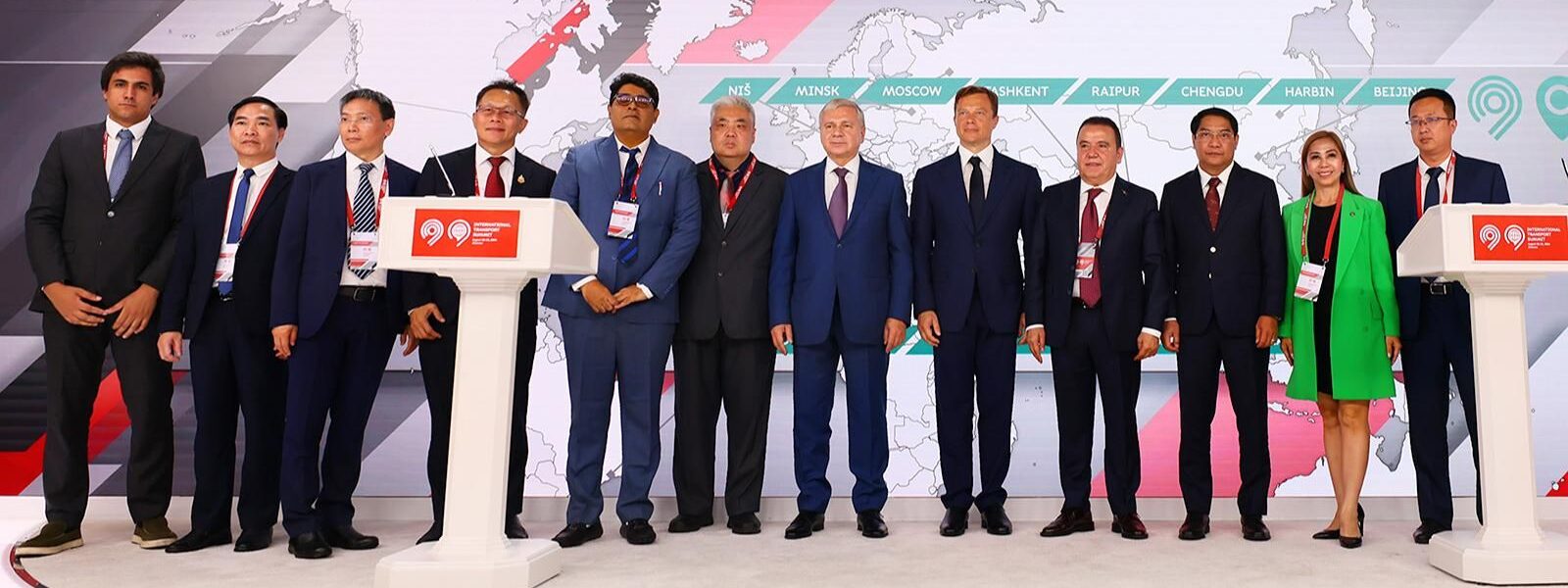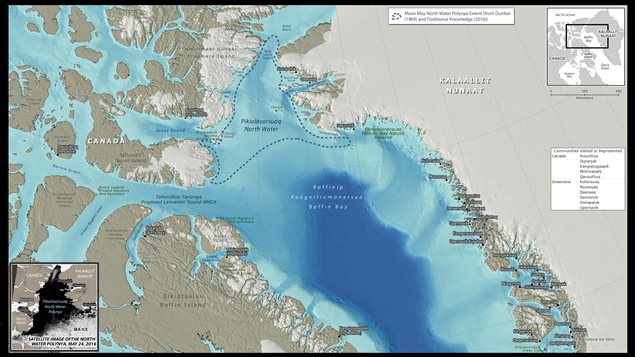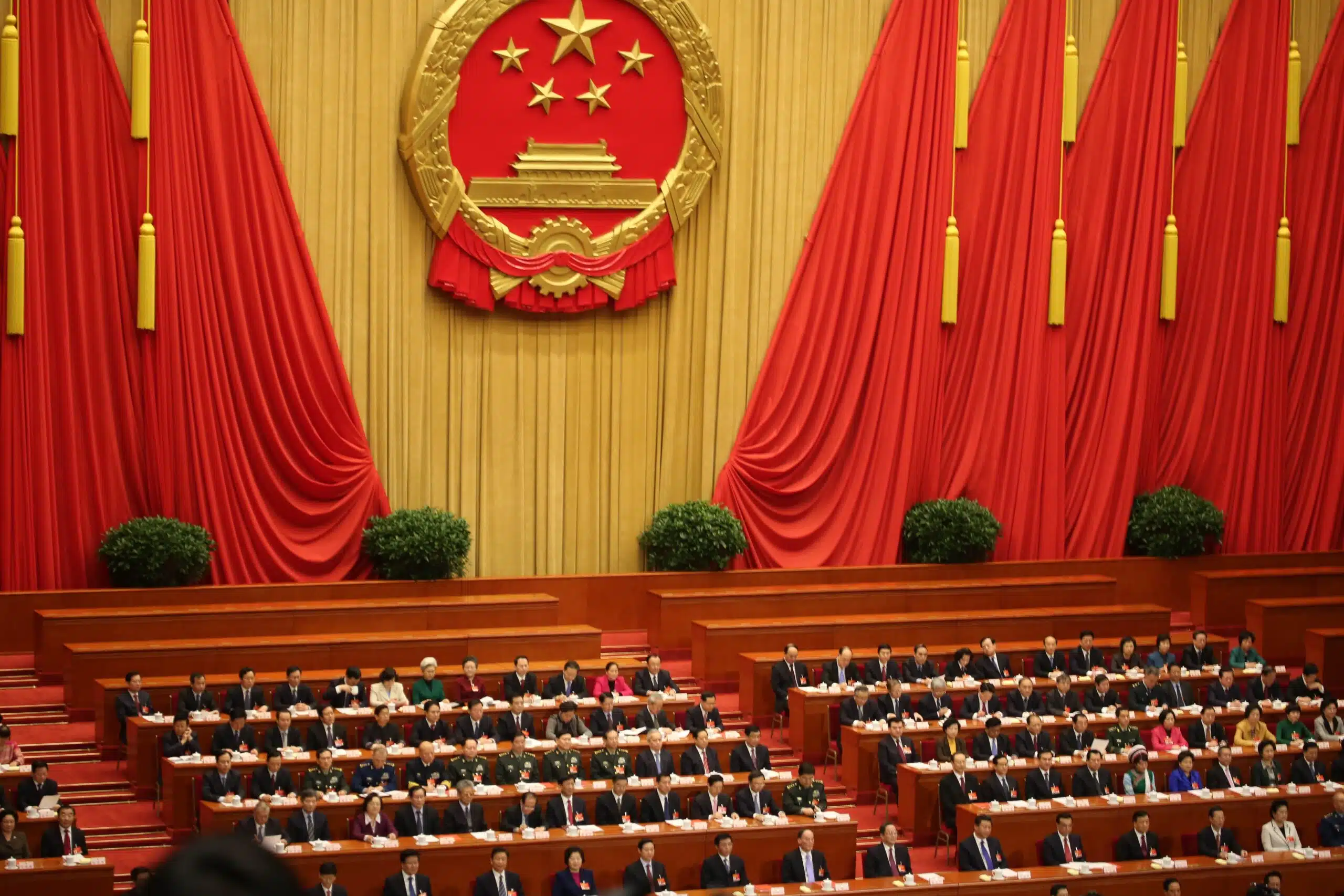From August 21 to 25, 2025, Moscow became the center of international dialogue on mobility and infrastructure as it hosted the International Transport Summit. The event brought together city leaders, ministers of transport and digital development, executives from global technology firms, infrastructure specialists, and representatives of the academic community. More than 150 international guests from dozens of countries attended, marking the summit as one of the most significant global meetings in the field of urban transport.
Observers noted that such broad participation had underscored the importance of international collaboration in tackling common transport challenges. By involving a wide array of nations and stakeholders, the summit confirmed that urban mobility issues had long transcended borders, requiring joint approaches and shared expertise.
A Platform for Exchange
Throughout its sessions, the summit served as the largest expert platform dedicated to analyzing and solving metropolitan transport problems. Participants discussed industrial development and the integration of cutting-edge technologies into city systems. The event not only addressed immediate issues but also encouraged participants to look toward emerging trends that were expected to shape urban transport in the near future.
Speakers emphasized that the gathering had helped to identify global patterns and that many solutions presented in Moscow could later be adapted in cities across the world. International guests frequently referred to the summit as a valuable opportunity for exchanging both knowledge and practical experience, while also establishing new business and academic ties.
Opening Day Focus on Innovation
The first day was dedicated to the integration of innovative technologies into urban environments. Russian and international experts shared best practices in urban mobility and reflected on lessons learned in their home cities. While some presentations had focused on digital tools for traffic management, others showcased advances in environmentally friendly public transport.
This global mix of perspectives demonstrated that while challenges differed depending on region, the principles of efficiency, sustainability, and accessibility remained universal. For many attendees, this opening session had illustrated the necessity of continuing international dialogue, since innovations developed in one city often provided inspiration for others.
Thematic Sessions and Roundtables
As the summit progressed, participants joined thematic discussions and roundtables. One highlight was the presentation of the first results of UrbanTransportData, an international analytics project developed with the participation of Moscow’s transport complex and DEEIR. This platform gathered, analyzed, and visualized transport data from major cities, offering a shared space for experts to debate strategies and compare systems.
Experts also discussed how cooperation between transport and industry had been reshaping city development, particularly with the use of IT technologies in management. Special attention was paid to the promotion of environmentally friendly land transport and the exploration of alternative mobility options. Many agreed that collaboration between countries accelerated the process of implementing such solutions, since no single nation could afford to address the challenges of decarbonization and innovation alone.
Key Topics of Discussion
Several thematic tracks structured the dialogue across the five days. Sessions on high-speed rail corridors examined both completed and proposed projects that could link major cities more efficiently. Discussions on road safety and traffic management revealed how data-driven systems were already reducing accidents in some countries. Other sessions focused on transport, environment, and public health, emphasizing the social dimension of mobility systems.
Digital services and ticketing systems, integration of urban rail transit, and the development of water and alternative urban transport also featured on the agenda. Each of these subjects highlighted the interconnectedness of global mobility issues: while solutions were tailored locally, their lessons proved applicable internationally.
Strengthening International Cooperation
One of the summit’s key outcomes was the signing of memorandums of cooperation between Moscow and two major Asian capitals—Beijing and Bangkok. These agreements aimed to boost bilateral projects in transport and urban mobility.
Another milestone was the expansion of the UrbanTransportData platform to include new megacities from Africa, Latin America, and Asia such as Addis Ababa, Almaty, Banjul, Freetown, Havana, Harare, Nairobi, and Lima. Organizers emphasized that adding more diverse cities made the dataset richer and more applicable to different contexts. International observers stressed that such cooperation not only enriched global datasets but also allowed smaller or less technologically advanced cities to benefit from cutting-edge research.

A Growing Tradition
The International Transport Summit was first held in Moscow in 2019, and since then it had rapidly gained international recognition. While the 2024 edition had welcomed around 60 international guests from 18 countries, the 2025 summit more than doubled that number, showing its rising profile. Organizers recalled that the event had grown from a regional initiative into a global dialogue hub in just a few years.
Journalists covering the summit observed that this growth reflected a broader global trend: as cities around the world faced mounting transport and infrastructure pressures, the demand for international cooperation had become more urgent than ever. The Moscow summit was perceived not just as a local or regional meeting, but as a truly international forum for setting shared priorities and strategies.
Looking Ahead
By the conclusion of the five-day event, participants had agreed that the summit had provided both in-depth analysis of current systems and valuable opportunities to forge new partnerships. It was widely expected that many of the discussions in Moscow would translate into concrete projects in participating countries.
For many delegates, the summit had underscored that the transport challenges of tomorrow could only be addressed through global partnerships, the sharing of best practices, and the integration of advanced technologies.
Significance for Arctic Regions
One of the most striking aspects of the summit was its relevance for the Arctic regions, where transport challenges are both unique and pressing. Arctic cities and territories, often isolated by vast distances, extreme weather, and fragile ecosystems, could benefit enormously from the exchange of ideas and technologies presented in Moscow. The emphasis on sustainable mobility, digital management systems, and environmentally friendly land transport have clear implications for the North, where reliable connections are vital for both communities and industries.
Mobility in the far north is not a local issue but a matter of global concern. As climate change reshaped shipping corridors and increased the importance of the Northern Sea Route, international cooperation became crucial. The summit demonstrated that innovations in urban transport—from smart ticketing to alternative mobility—could be adapted to Arctic realities, offering not just improved infrastructure but also greater resilience for residents and businesses.
The future of global transport must include the Arctic!




